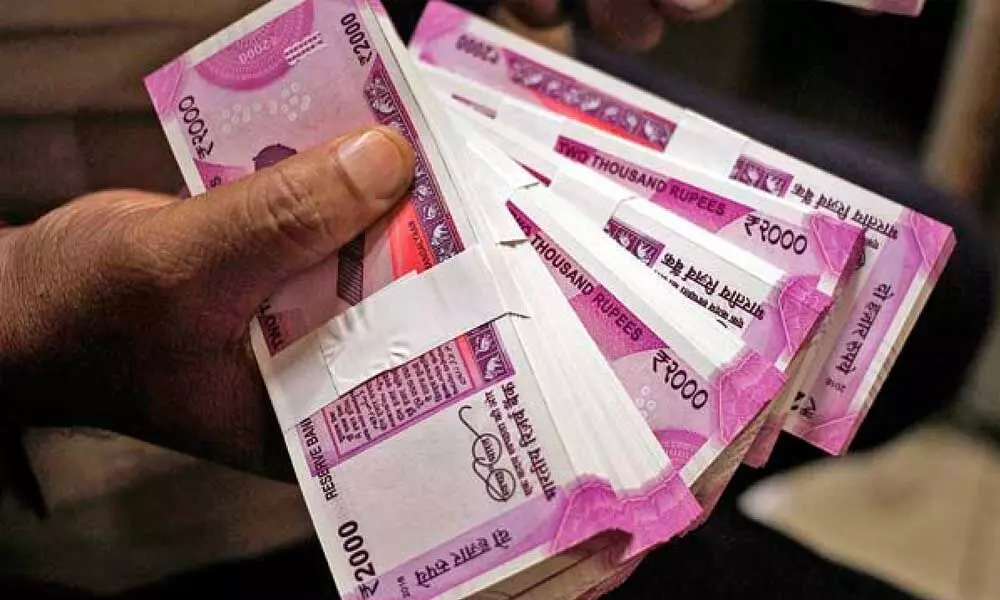Sale of NPAs on the basis of SR is not good for banks
CII urges govt to create multiple bad banks to address adverse impact of NPAs accumulated by PSBs
image for illustrative purpose

In the aftermath of Covid, it is important to find a resolution mechanism through a market-determined price discovery. With huge liquidity, both globally and domestically, multiple bad banks can address this issue in a transparent manner and get the credit cycle back in action
Mumbai: The low recovery rates and the sale on the basis of security receipts (SRs) is not a very attractive proposition for banks. The best way to achieve true price discovery and better realisations is to open the buy side and enable a clear path for capital to flow for the purchase of NPAs, according to a report by CII. The buy side could be opened by allowing foreign portfolio investors (FPIs) and alternative investment funds (AIFs) to purchase NPAs, it added.
SR is an instrument wherein the payment is made only upon recovery, which means that the sale price is not a 'true sale'.
Based on the recent RBI data on outstanding SRs, industry estimates that the net recovery rate of ARCs is low and may be in the range of only around 10-12 per cent. The outstanding SRs is Rs 1.46 lakh crore. This represents the "non-cash" consideration received by the banks against the sale of loans.
CII has suggested that the SEBI-regulated AIFs may be permitted to purchase NPAs. This will be in sync with the RBI consultative paper of regulated purchaser.
CII has urged the government to consider creation of multiple bad banks to address the adverse impact of non-performing assets accumulated by public sector banks in the recent past, that got further accentuated during the pandemic. In its recently submitted pre-budget memorandum to the government, the industry body has recommended that the government consider enabling Foreign Portfolio Investors (FPIs) and Alternative Investment Funds (AIFs) to purchase NPAs.
"In the aftermath of Covid, it is important to find a resolution mechanism through a market-determined price discovery. With huge liquidity, both globally and domestically, multiple bad banks can address this issue in a transparent manner and get the credit cycle back in action," CII president Uday Kotak said.
The government has put in Rs 80,000 crore in bank re-capitalisation in FY 18, Rs 108 crore in FY19 and Rs 70,000 crore in FY 20. In September this year, the Parliament has approved another Rs 20,000 crore of capital infusion into PSBs.
RBI in its latest Financial Stability Report has estimated that the gross NPAs of scheduled commercial banks may increase from 8.5 per cent in March 2020 to 12.5 per cent by March 2021 under the baseline scenario and the ratio may escalate to 14.7 per cent under a very severely stressed scenario.

